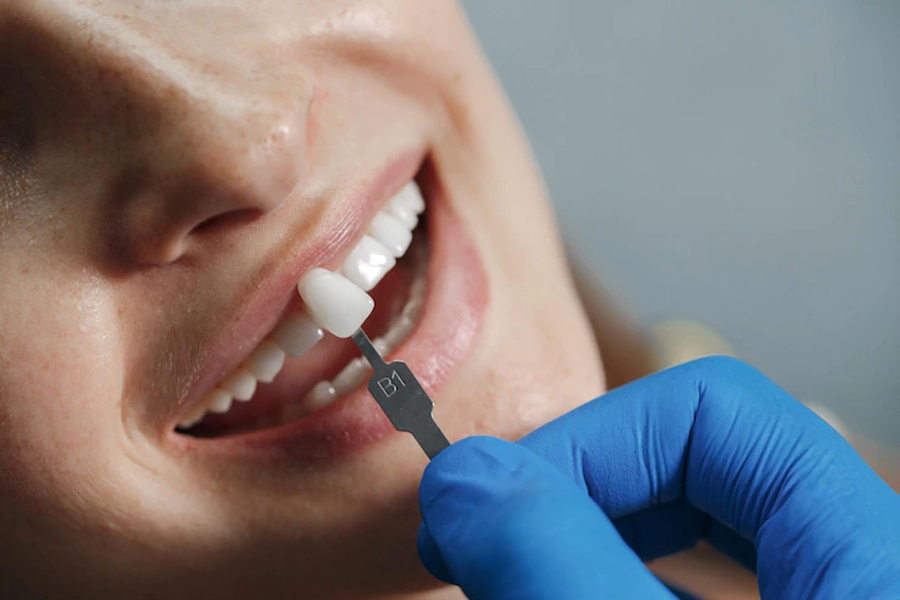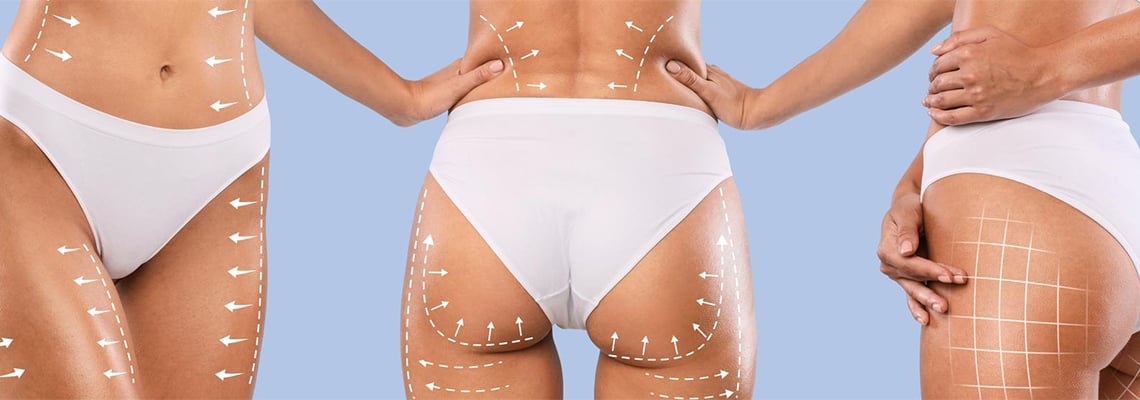What are Veneers teeth pros and cons? In some cases, the color or the shape of the teeth get distorted due to different reasons. In such cases the dentist plans to cover the teeth with more aesthetic and natural looking shells called dental veneers. This article will focus on the pros and cons of teeth veneers.
Table of content:
Dental Veneers
Teeth veneers are thin coverings made of tooth-colored materials mostly porcelain to shield the anterior surfaces of the frontal teeth. Dental veneers contribute largely to improving the shape, color, and alignment of teeth giving a more bright smile and high confidence.
Related articles:
Indications for dental veneers:
Dentists usually suggest dental veneers in the following cases:
-
deeply discolored teeth
-
broken or chipped teeth
-
misaligned teeth
-
spaces between teeth
-
worn out teeth

Benefits of veneers
The advantages of having dental veneers are represented by their ability to solve the dental problems patients are suffering from without causing additional issues. Thus the major pros of dental veneers are:
-
The aesthetic appearance: includes a natural-like material that can be molded to get the exact shape and color of natural teeth.
-
Biological safety: dental veneers are highly safe in the oral cavity as they do not cause any irritation to the oral tissues, especially the gum.
-
Long durability: the average lifespan of dental veneers is from 10-15 years with a high success rate due to the strength and durability of the veneer material.
-
Stain resistance: many of the patients who choose dental veneers are suffering from deep discoloration. Dental veneers proved high resistance to external staining and preserved a bright white smile.
-
Minimal preparation: Dental veneers do not need an excessive preparation of tooth surfaces like crowns , thus preserving more natural tooth tissues.
Disadvantages of veneers:
Despite the undeniable pros of dental veneers, they still -like any dental material- have some cons. The most common drawbacks of dental veneers can be:
-
The procedure is permanent, thus the patient can not undo the dental veneers, rather they can replace it if there is any distortion.
-
Dental veneers are considered relatively expensive compared to other dental procedures.
-
In some cases, the patient may experience tooth sensitivity after a dental veneer procedure due to enamel preparation.
-
It may cause some difficulty during teeth cleaning particularly at the margins which increases the probability of caries occurrence.
-
Breaking or dislodging the dental veneers is also possible.
Nevertheless, the flaws of dental veneers can be bypassed by using high-quality dental material and operating the procedure efficiently.
Resources:
- Dental Veneers
- Dental Veneers: Porcelain Veneer Uses, Procedure, and More (webmd.com)
- Veneers vs. Lumineers: What’s the Difference?
- Veneers vs. Lumineers: Pros, Cons, What to Know (healthline.com)












